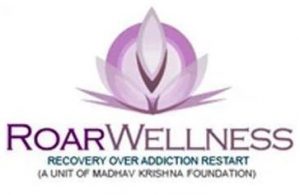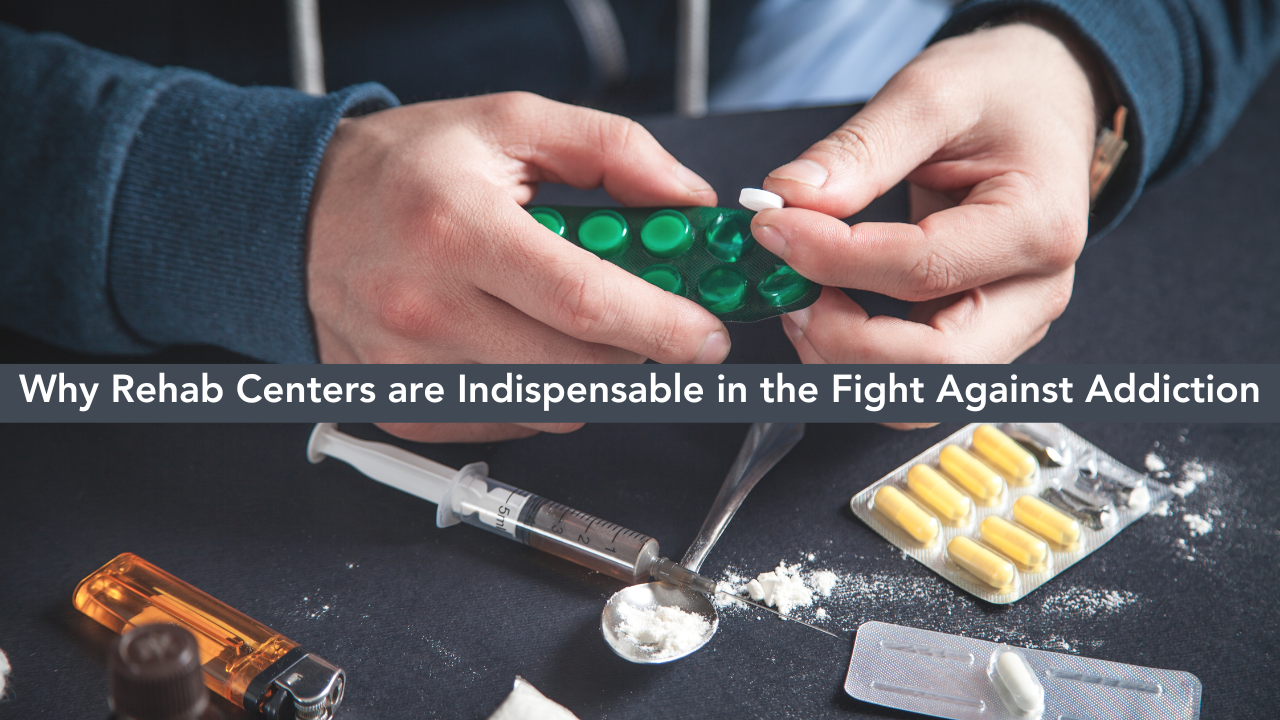Introduction
Addiction is a pervasive issue that affects millions of individuals worldwide, leading to profound physical, psychological, and social consequences. From substance abuse to behavioral addictions, the impact on individuals, families, and communities is significant.
One crucial component in addressing this global crisis is the establishment and promotion of rehab centers dedicated to helping individuals overcome their addiction problems. In this article, we will delve into the various reasons why rehab centers are indispensable in the fight against addiction.
Understanding Addiction
Before delving into the necessity of rehab centers, it’s essential to comprehend the complexity of addiction. Addiction is not solely a lack of willpower or a moral failing; it is a chronic disease that affects the brain’s structure and function. Substances such as alcohol addiction, can trigger changes in the brain that make overcoming addiction challenging.
Addiction is a complex condition where a person compulsively engages in a substance or behavior despite harmful consequences. It affects the brain’s reward system, leading to a loss of control over the activity. Over time, addiction can have severe physical, mental, and social impacts, making it challenging to quit without professional help. Understanding addiction as a medical issue rather than a moral failing is crucial for effective support and treatment.
The Role of Rehab Centers
Rehabilitation centers play a crucial role in addressing addiction problems by providing a structured and supportive environment for individuals seeking recovery. The following are key reasons why these centers are indispensable:
(i) Professional Guidance and Supervision
Rehab centers are staffed with professionals trained in addiction treatment, including doctors, nurses, therapists, and counselors. These experts employ evidence-based practices to guide individuals through the recovery process. The supervision provided in rehab centers ensures that individuals receive appropriate care, tailored to their specific needs.
(ii) Medical Detoxification
For many substances, withdrawal symptoms can be severe and even life-threatening. A significant advantage of rehab centers is the availability of medical detoxification services. Medical professionals can monitor and manage withdrawal symptoms, ensuring a safer and more comfortable detox process.
(iii) Individualized Treatment Plans
Rehabilitation centers recognize that each person’s journey to recovery is unique. They tailor treatment plans to address the individual’s specific needs, taking into account factors such as the type of addiction, co-occurring mental health disorders, and personal preferences. This personalized approach increases the likelihood of successful outcomes.
(iv) Structured Environment
Rehab centers provide a structured and controlled environment, which is crucial for individuals in the early stages of recovery. Removing individuals from their regular environments, which may be associated with triggers for substance abuse, helps break the cycle of addiction and provides a fresh start.
(v) Peer Support and Group Therapy
Rehab centers offer a supportive community where individuals can connect with others facing similar challenges. Group therapy sessions facilitate open communication, sharing experiences, and learning from one another. Peer support can be a powerful motivator and provides a sense of belonging, reducing feelings of isolation.
(vi) Skill-Building and Education
Rehabilitation programs often include educational components that help individuals develop coping mechanisms and life skills essential for maintaining sobriety. Learning to manage stress, identify triggers, and make healthier choices empowers individuals to navigate life without resorting to addictive behaviors.
(vii) Aftercare Planning
Successful recovery extends beyond the confines of a rehab center. Rehab programs typically include comprehensive aftercare planning to support individuals as they transition back into their daily lives. This may involve ongoing therapy, support group participation, and access to community resources.
(viii) Dual Diagnosis Treatment
Many individuals struggling with addiction also have co-occurring mental health disorders. Rehab centers are equipped to address both addiction and mental health issues simultaneously, providing integrated treatment that addresses the root causes of the individual’s challenges.
(ix) Breaking the Stigma
Rehab centers contribute to breaking the stigma associated with addiction by promoting a compassionate and understanding approach to treatment. By viewing addiction as a medical condition rather than a moral failing, society can encourage more individuals to seek the help they need without fear of judgment.
Conclusion
In conclusion, the establishment of rehab centers is paramount in the battle against addiction. These centers offer professional guidance, a structured environment, and tailored treatment plans that address the unique needs of each individual. The holistic approach of rehab centers, encompassing medical, psychological, and social aspects of addiction, increases the likelihood of sustained recovery.
As we continue to grapple with the pervasive impact of addiction on individuals and society, investing in the expansion and accessibility of rehab centers becomes not just a practical necessity but a moral imperative. By supporting these centers, we contribute to creating a world where individuals facing addiction problems can find the help and support they need to reclaim their lives.


